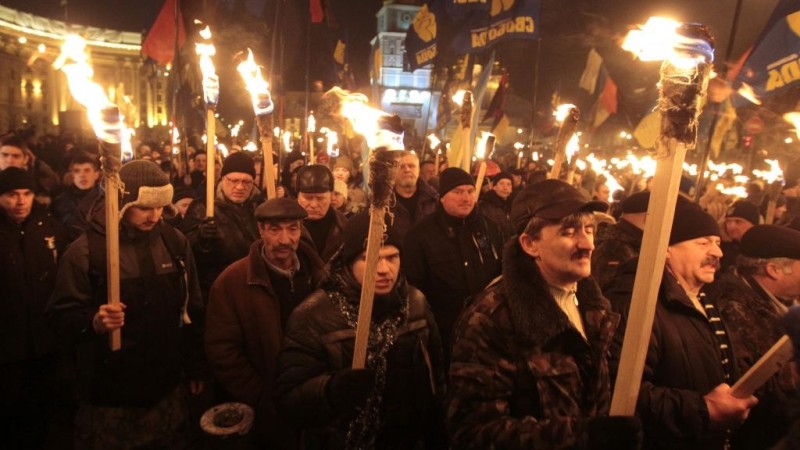To say that the late Ukrainian nationalist Stepan Bandera is a divisive and polarizing figure in contemporary Ukraine would be to understate the case. More than five decades after his assassination in West Germany, allegedly at the hands of KGB agents, he inspires both adulation and loathing.
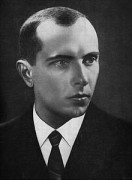
Bandera’s ambivalent legacy was on martial display a few days ago when 15,000 of his supporters marched through the streets of Kiev, Ukraine’s capital, in a torch light parade on the 105th anniversary of his birthday.
To his acolytes, mainly in western Ukraine, Bandera was a hero who fought for Ukraine’s independence, which was finally achieved after the breakup of the Soviet Union. To his detractors, Bandera was a Nazi collaborator and an antisemite who besmirched the Ukrainian national cause.
Such is Bandera’s split-screen image that two Ukrainian presidents have clashed over it.
Toward the end of his term of office in 2010, Viktor Yushchenko posthumously decorated Bandera with the Hero of Ukraine award. In the face of opposition from Jews and Russians, both of whom were victims of Banderist terror during World War II, a court during Viktor Yanukovych’s presidency annulled the award, sparking outrage among pro-Bandera Ukrainians.
Despite the court’s verdict, Bandera is held in high esteem in western Ukraine, where statues and monuments have been erected in his honor and where streets are named after him.
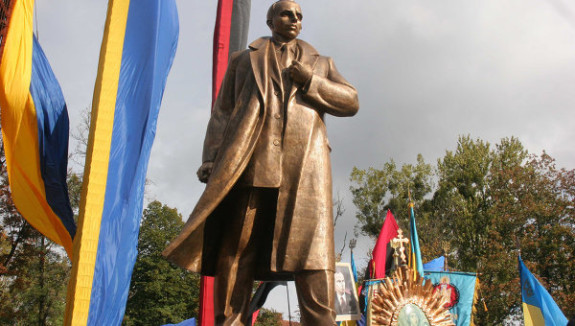
Bandera, who was born in 1909, was the leader of the Organization of Ukrainian Nationalists (OUN), which aligned itself with Nazi Germany in the hope of winning German support for Ukraine’s independence. Ukraine briefly achieved sovereignty before the end of World War I, but lost it after being absorbed by the new Soviet state, which dispossessed and oppressed Ukrainian farmers.
Shortly after Germany invaded the Soviet Union in June 1941, Bandera declared Ukrainian independence, but was soon arrested by the Nazis, who coveted Ukraine as a bread basket. In 1944, however, he was released.
During his imprisonment in Germany, OUN bands carried out ethnic cleansing campaigns against Poles and Jews, murdering thousands in an orgy of violence. Poles were seen as undesirable aliens, while Jews were regarded as faithful supporters of the hated Bolshevik regime.
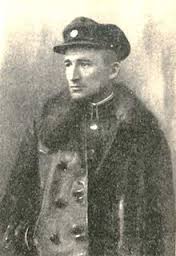
It’s unclear which of the two OUN factions, OUN-A, commanded by Andriy Melnyk, or OUN-B, led by Bandera, was responsible for the atrocities. But at the end of the day, Ukrainian nationalists associated with OUN were implicated in the massacres.
It’s also unclear which faction accepted a limited number of Jews for membership and assisted Jews when they most needed help.
What is clear is that OUN, particularly Melnyk’s faction, participated in the formation of the 14th Galician SS Division in 1943. Composed of some 81,000 troops, primarily ethnic Ukrainians but with a sprinkling of Slovak, Czech and Dutch volunteers, the division was incorporated into the German army and fought against the Red Army and Polish and Russian partisans before it was destroyed at the Battle of Brody in the summer of 1944.
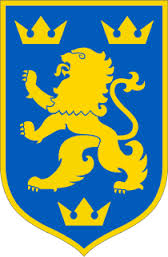
Seventy years have elapsed since this military debacle, but to many Ukrainians, Bandera is still glorified as a freedom fighter. That’s a tragedy for a struggling nation trying to rebuild itself after so much subjugation, upheaval and bloodshed.
Ukrainians have every right to be proud of their national heroes, but they should distance themselves from individuals who were tainted by incriminating links to Nazi Germany.
